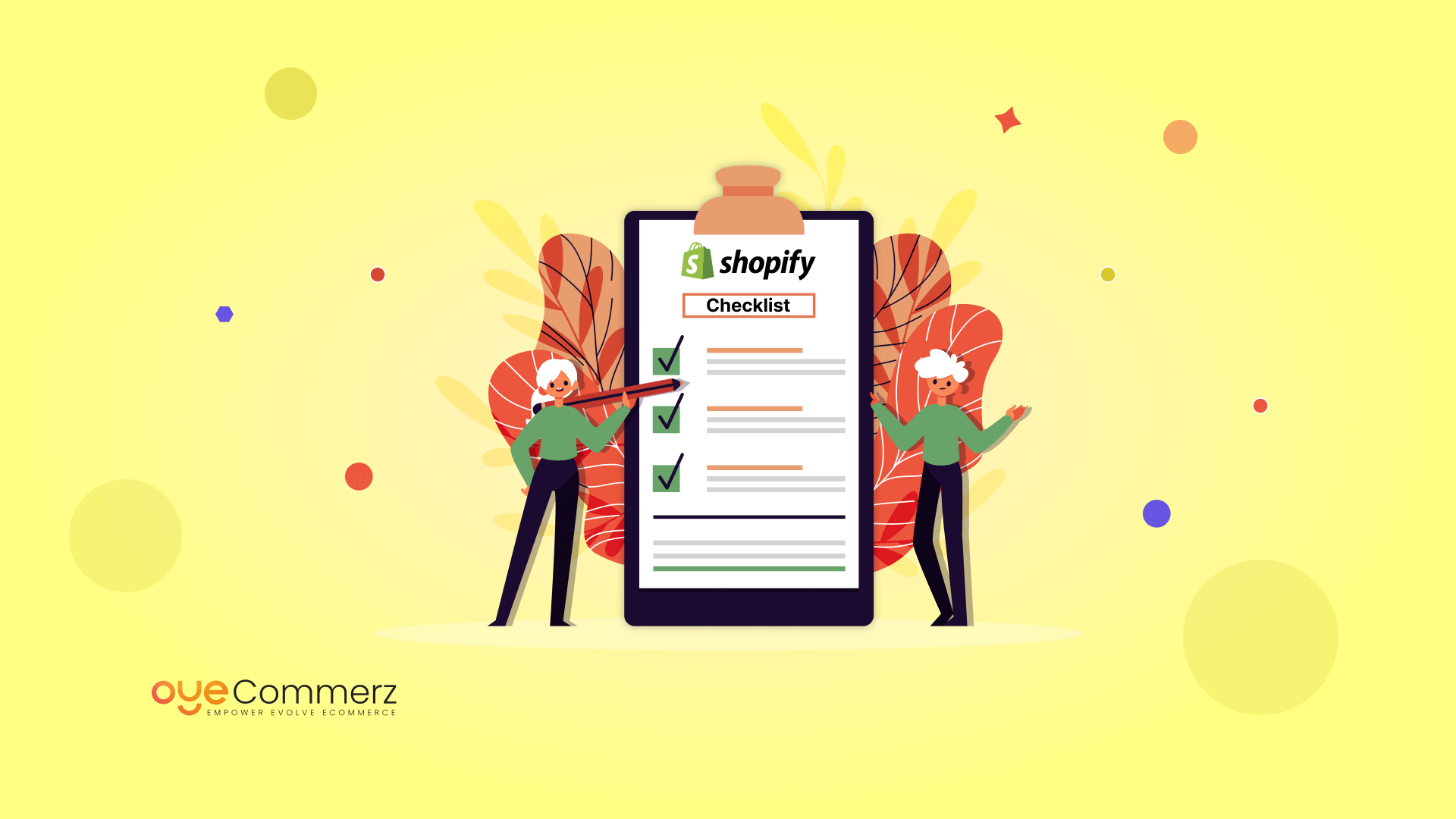Introduction
In the current competitive e-commerce environment, standing out is essential, and one of the best ways to set apart a Shopify store is through custom app creation. A robust Shopify app can boost store capabilities, streamline operations, and elevate customer interaction. This article explores essential aspects of Shopify app development, from API integration to growth techniques and digital marketing approaches, providing a roadmap for companies seeking superior store performance.
Why Shopify API Integration Matters
Shopify’s API provides powerful tools to personalize and extend store functionalities. With GraphQL and REST APIs, developers can retrieve information to build applications that handle inventory control, order processing, and customer information management seamlessly. Integrating Shopify’s API can enable improved workflow automation and allows stores to assist shoppers more effectively.
Utilizing the Polaris Design System
Shopify’s Polaris is Shopify's design system for creating intuitive and accessible Shopify apps. By adhering to Polaris principles, developers ensure that apps integrate smoothly within the Shopify Admin interface. This provides a cohesive look and feel that appeals to Shopify merchants, encouraging usability and familiarity for merchants using your custom app.
Understanding the Shopify App Ecosystem
The Shopify app ecosystem offers endless possibilities for improving online stores. From handling order fulfillment to increasing customer interaction, apps in this environment are tailored to meet various business requirements. Learning about this system assists developers in finding unique app ideas and allows for smooth connections of external tools that enhance the store.
Building Embedded Shopify Apps
Embedded apps work seamlessly within the Shopify Admin, providing a smooth interface for merchants. They ensure that merchants do not need to navigate away from their Shopify dashboard, streamlining their workflow. Using Shopify App Bridge and embedded app capabilities is a best practice for offering a unified, integrated user experience.
Using Node.js and React for Shopify Apps
Node.js and React have emerged as ideal tools for Shopify app creation. Node.js enables high-performance back-end services, while React enables dynamic, responsive front-end user interfaces. Together, they offer an strong platform for building fast, scalable Shopify apps that enhance store performance and customer engagement.
Utilizing Webhooks in Shopify Development
Webhooks enable instant data synchronization between Shopify and an external app. They trigger events such as order creation or inventory updates and provide immediate notifications to your app. By utilizing webhooks, apps can deliver real-time insights for store owners, streamlining workflows and boosting productivity.
Engaging Customers Through Digital Marketing for Shopify Apps
To ensure Shopify app success, connecting with users is crucial. Using online marketing techniques like SEO, email marketing, and social outreach can drive app adoption. Additionally, creating applications with customer engagement in mind (e.g., loyalty programs or personalized recommendations) increases user retention and loyalty.
Scaling Your Shopify App
As e-commerce businesses grow, so do their technological needs. Boosting e-commerce with Shopify Ensuring that your app can scale to handle increased traffic, larger databases, and more complex functionalities is critical. By improving server capacity and implementing scalable solutions, you can develop apps that grow in tandem with a store’s success.
Essential Features and Maintenance for Shopify Apps
For an app to be effective, it should include key capabilities like user login, analytics dashboard, and customer support options. Regular app maintenance, including updates to fix bugs and compatibility checks with new Shopify functionalities, is important to maintain continuous operation and prevent disruptions to merchant workflows.
Summary
Custom Shopify app development offers immense opportunities for e-commerce stores, offering the chance to improve performance, streamline processes, and foster customer loyalty. With API integrations and Node.js to focusing on scalability and customer interaction, creating a Shopify app requires thoughtful preparation and strategic execution. If you’re ready to unlock your store’s full potential, a custom Shopify app Customizing Shopify with embedded apps could be the ideal solution. What capabilities do you see for your dream application? Share your ideas and take the first step toward an optimized e-commerce journey!

Comments on “Enhance Your Online Store: Custom App Development for Shopify to Boost Performance”